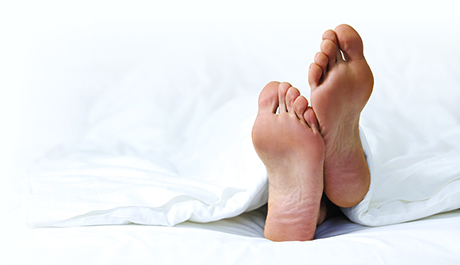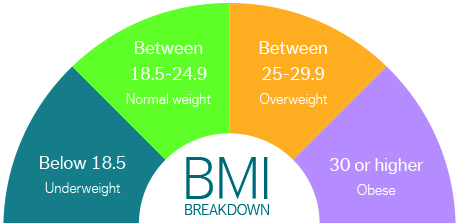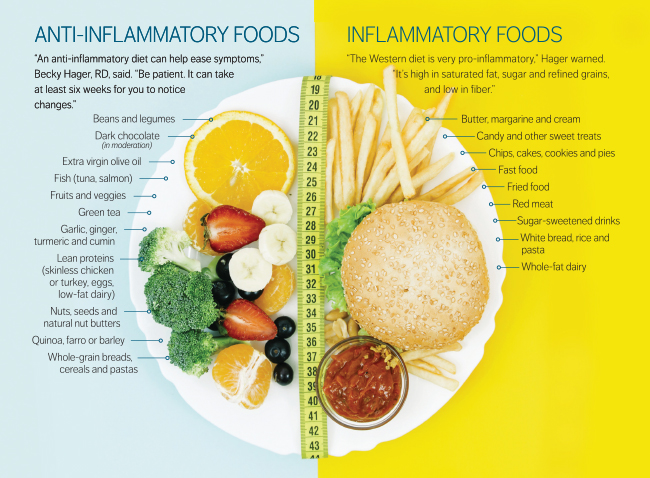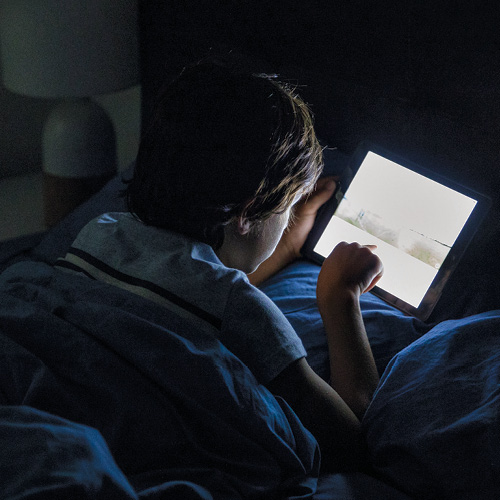When life leaves you sleep deprived, you might be tempted to try an over-the-counter sleep aid. These medications can help you get some shut-eye in the short term, yet they may do more harm than good.
“Over-the-counter sleep aids are not very effective and potentially dangerous,” Scott M. Shorten, MD, a neurologist with Meritas Health Neurology and the medical director of our sleep centers, opens new tab, warned. “The
American Academy of Sleep Medicine advises against using medicines that
contain antihistamines and nutritional substances such as valerian root, melatonin and L-tryptophan because of their lack of effectiveness and insufficient safety data.”

Temporarily Tired
Short-term insomnia, which may show up during big life events and stressful situations, affects 30%-50% of the population. It can also be caused by other factors, the main one being poor sleep hygiene. Before reaching for an OTC sleep aid, Dr. Shorten suggests trying the following:
- Avoid drinking alcohol at least two hours before bedtime
- Exercise every day, but not within a few hours of bedtime
- Keep your bedtime and wake time consistent from day-to-day
- Meditate before bedtime
- Put your devices away at least one hour before bedtime
- Skip daytime naps
- Stop drinking caffeine at least five hours before bedtime
- Use the bed only for sleeping or sexual activity
If you try these tips for several weeks, and still have trouble falling asleep or staying asleep, or if insomnia affects your daytime functioning, call your doctor, who can refer you to a specialist.
“A sleep specialist can determine if a sleep disorder is part of your problem,” Dr. Shorten said. “Obstructive sleep apnea, periodic limb movement disorder or a circadian rhythm disorder can keep you from getting a good night’s sleep.”
Long-Term Sleeplessness
If your insomnia happens at least three times a week for more than three
months, it’s considered chronic. Anxiety, depression, PTSD, chronic pain, thyroid issues and other medical conditions can cause chronic insomnia.
“Chronic insomnia can have serious health consequences,” Dr. Shorten explained. “These include lower immune system function, high blood pressure, worsening chronic pain, increased risk for memory issues and certain forms of cancer. A sleep specialist can diagnose the underlying
condition and provide the treatment you need.”
Related Articles

March 9, 2020
3 Sneaky IBS Triggers
For people with irritable bowel syndrome, spring may spark a flare-up in symptoms

June 5, 2024
5 Consejos Sobre Nutricion para un Estilo de Vida Mas Saludable
Una alimentación saludable y una nutrición adecuada desempeñan un parte importante a la hora de mantener una buena salud. Aquí le mostramos cómo mejorar sus hábitos nutricionales.

May 31, 2024
5 Nutrition Tips for a Healthier Lifestyle
Healthy eating and proper nutrition play a big part in maintaining good health. Here's how to improve your nutrition habits.


